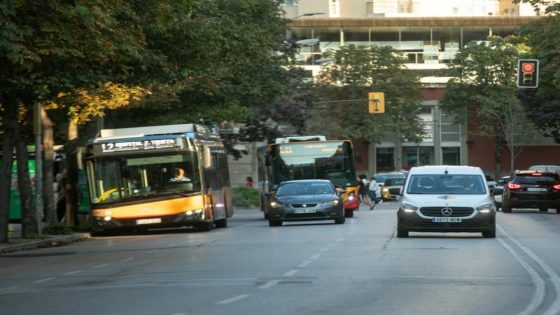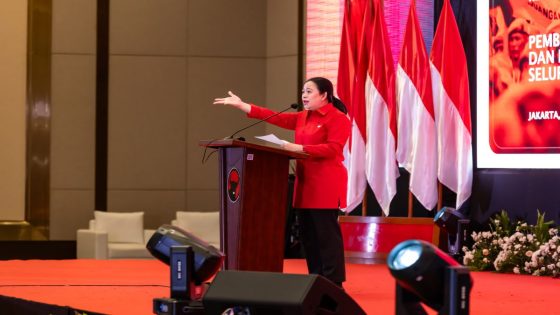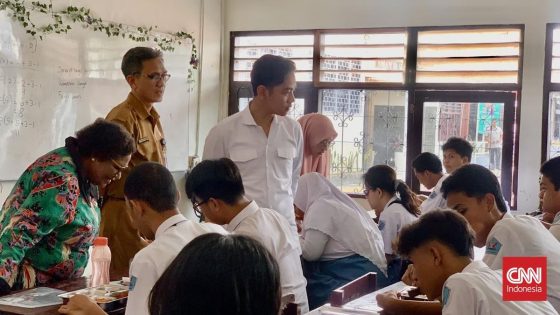On February 11, 2025, Catalonia’s farmers and government reached a crucial agreement to address ongoing agricultural challenges. This deal comes a year after significant protests by farmers, highlighting the urgent need for government action. Can this agreement finally bring relief to a struggling sector?
- Editorial team includes notable figures.
- Catalan farmers mobilized for government action.
- New EU-Mercosur deal threatens local agriculture.
- Hope lies in monitoring commission's effectiveness.
- Agricultural sector faces unity challenges.
- Revolta Pagesa movement reflects grassroots dissatisfaction.
Catalonia’s Farmers and Government Unite to Tackle Agricultural Challenges
What does this agreement mean for the future of agriculture in Catalonia? The recent deal aims to address the pressing issues faced by farmers, especially as they confront unfair competition from the EU-Mercosur trade agreement. With the agricultural sector contributing vital resources to health and nutrition, the stakes are high.
Key Elements of the Agreement Between Farmers and Government
The agreement includes several important commitments aimed at revitalizing the agricultural sector. Farmers are hopeful that these measures will lead to real change. Here are some key points:
- Streamlined administrative processes to reduce red tape.
- Increased resources to combat theft and pest issues.
- Support for drought management and fuel taxation reforms.
- Creation of a new category for family-run agricultural operations.
Challenges Ahead for Catalonia’s Agricultural Sector
Despite the optimism surrounding the agreement, challenges remain. The agricultural sector, which now represents only 1.2% of Catalonia’s active population, must adapt to changing market conditions. The threat of unfair competition from international agreements looms large. Will the government act quickly enough to implement these changes?
Community Support and Future Mobilizations
The support from the community plays a crucial role in the farmers’ fight for better conditions. Citizens are increasingly aware of the importance of local agriculture. However, the lack of unity among agricultural unions poses a risk. How can farmers ensure they remain a strong voice in the face of upcoming elections?
In conclusion, the recent agreement between Catalonia’s farmers and government marks a pivotal moment for the agricultural sector. With ongoing challenges and community support, the future remains uncertain yet hopeful. Will this be the turning point that farmers have been waiting for?
































